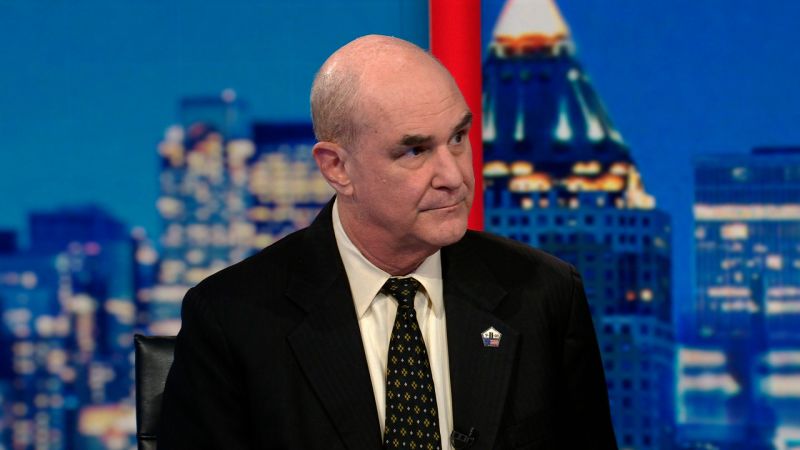In response to the special counsel’s office requesting a gag order on Donald Trump, retired New York City criminal court judge George Grasso expresses his thoughts on the matter. The request for a gag order comes after law enforcement officers searched Trump’s Mar-a-Lago resort, leading to concerns about potential interference with the investigation. Grasso believes that such a gag order would limit Trump’s ability to publicly comment on law enforcement activities, protecting the integrity of the investigation. However, he also acknowledges the importance of free speech and the potential legal challenges that could arise from imposing a gag order on a former president.
Grasso highlights the delicate balance between protecting the integrity of law enforcement investigations and upholding individuals’ right to free speech. He notes that while it is important to prevent interference in ongoing investigations, especially by high-profile individuals like Trump, it is also crucial to respect their rights to speak publicly. Grasso suggests that the courts will need to carefully consider both the potential benefits of a gag order in preserving the integrity of the case and the potential challenges it may pose to free speech rights. He emphasizes the need for a nuanced approach that takes into account these conflicting interests.
The request for a gag order on Trump raises questions about the extent to which public figures should be restricted in their ability to comment on legal matters. Grasso argues that while there may be valid reasons to impose a gag order in certain circumstances, such restrictions must be carefully weighed against the principles of free speech. He suggests that in cases involving high-profile individuals, such as former presidents, the courts may face a unique challenge in balancing the need to protect ongoing investigations with the rights of individuals to publicly express their opinions.
Grasso also considers the potential implications of imposing a gag order on Trump, acknowledging that such restrictions could have broader consequences for public discourse and political debates. He suggests that limiting Trump’s ability to comment on law enforcement activities could set a precedent for silencing other public figures in the future. Grasso underscores the importance of considering the long-term implications of imposing gag orders on individuals who hold significant influence over public opinion, as it could impact the transparency and accountability of government institutions.
Overall, Grasso’s comments shed light on the complexities of the issue surrounding the special counsel’s request for a gag order on Trump. He emphasizes the need for a careful and thoughtful approach that takes into consideration both the importance of protecting ongoing investigations and the rights of individuals to express their opinions publicly. Grasso’s insights underscore the challenges that the courts may face in balancing these conflicting interests and the potential broader implications of imposing restrictions on public figures like Trump. As the case unfolds, the courts will need to carefully navigate these complexities to ensure that justice is served while upholding the principles of free speech.


